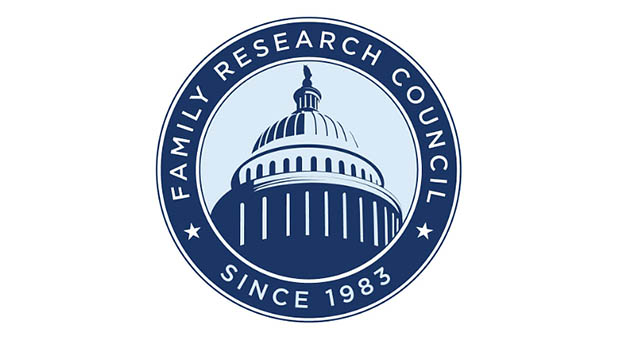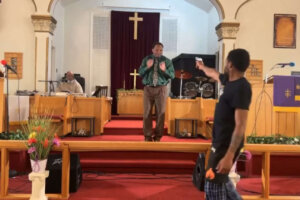Can a church be excluded as a government program recipient just because it’s a church?
In an amicus brief filed with the U.S. Supreme Court late last week, the Family Research Council and several allied organizations say no. The brief, filed in the case of Trinity Lutheran Church v. Pauley, argues that the Free Exercise Clause of the First Amendment clearly prohibits the government from penalizing the church and excluding it from free, fair and equal participation in the public life of our nation just because of its religious nature.
According to attorneys in the case, Trinity Lutheran Church operates a school with a playground connected to it, and wanted to refinish its playground surface to make it safer for the children who played there. It applied to a Missouri state program offering grants to refinish such playground surfaces, and although otherwise qualifying to receive the grant, was excluded because it is a church.
The church is being represented by attorneys from the Alliance Defending Freedom. The FRC’s amicus brief filed in their support was drafted by Professor Thomas Berg of the University of St. Thomas School of Law and his student Lucas Kane, and coordinated by Kim Colby of the Christian Legal Society. It also was signed onto by the Anglican Church of North America, the Christian Medical Association, National Religious Broadcasters and the Queens Federation of Churches.
“By excluding petitioner from eligibility for benefits, the state discriminated against the organization—and effectively against the individuals who use it—solely on the basis of the organization’s religious status,” it states.
Travis Weber, FRC’s Director of the Center for Religious Liberty, issued the following statement regarding the amicus brief:
At the heart of the First Amendment is the idea that Americans should be able to not just hold beliefs but follow those beliefs as they live their lives. The Free Exercise of religion, explicitly protected by the First Amendment, protects varied and robust religious expression in the public square. Certainly the Framers never meant to exclude churches from public life in the way the state of Missouri and lower courts have here.
Additionally, the Establishment Clause ensures that Americans will not be forced to adhere to whatever religious views the government deems “correct” and “orthodox.” It certainly was never intended to scrub all religious expression from the public square or bar organizations from receiving any benefit from the government merely because they are religious. We are merely asking for a fair and level playing field for religious and nonreligious organizations.
A win for Trinity Lutheran Church in this case is a win for the freedoms that Americans have long exercised.
See an error in this article?
To contact us or to submit an article






















